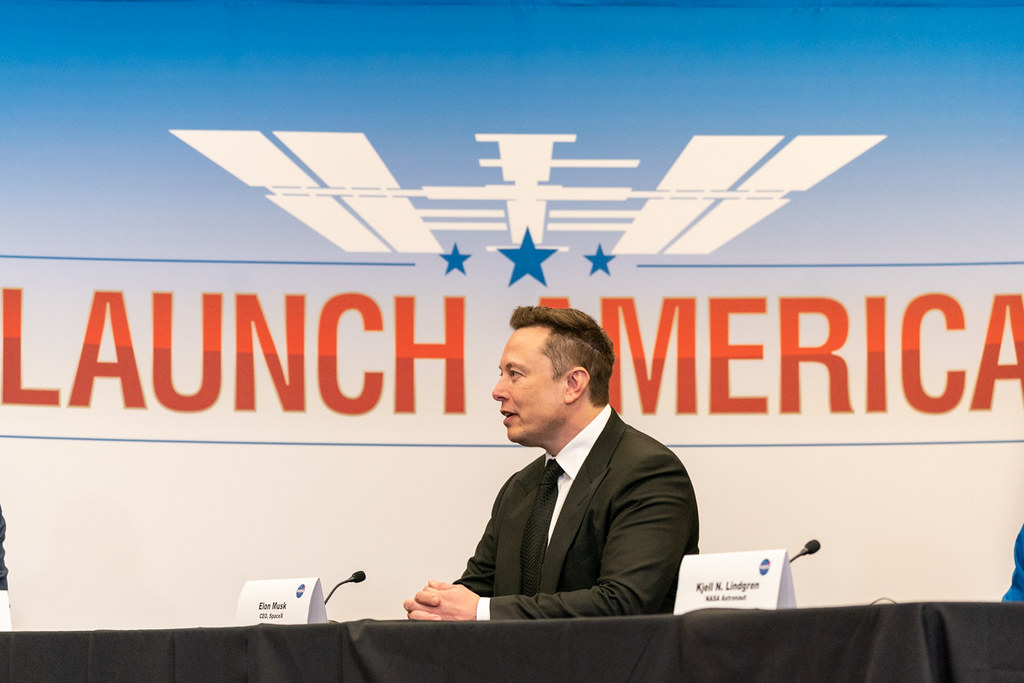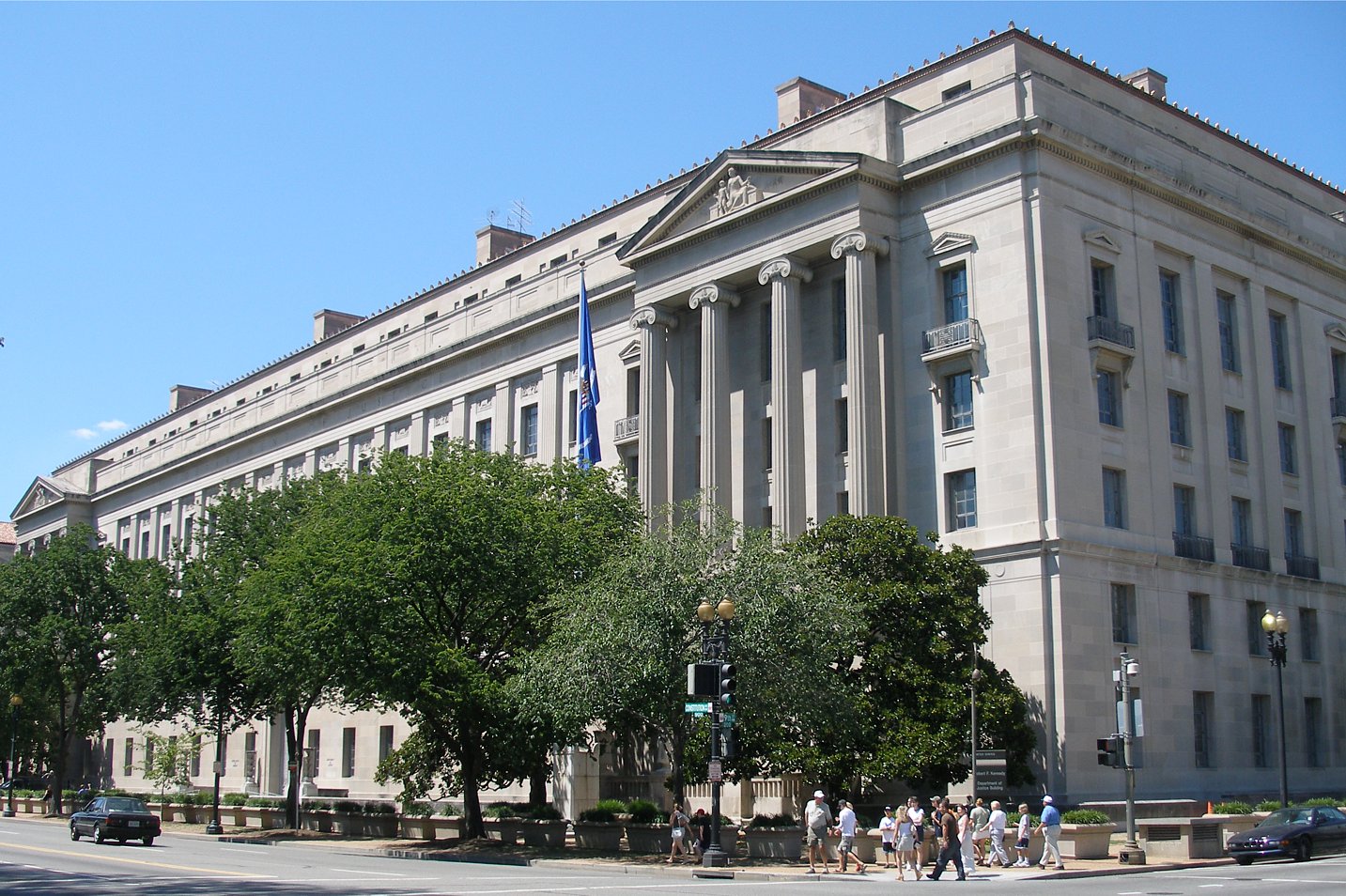Congressman Rogers on Congressional (and Personal) Oversight of the Obama Drone Program and USG Involvement in Al-Awlaki Strike; and the Implications for the ACLU FOIA Cases [UPDATED]
Congressman Mike Rogers, the Republican Chairmen of the House Intelligence Committee, revealed Sunday on Face the Nation much more than I had previously known about the nature and scope of congressional intelligence committee oversight of the drone program. He also appears to have given the clearest official confirmation of U.S.
Published by The Lawfare Institute
in Cooperation With

Congressman Mike Rogers, the Republican Chairmen of the House Intelligence Committee, revealed Sunday on Face the Nation much more than I had previously known about the nature and scope of congressional intelligence committee oversight of the drone program. He also appears to have given the clearest official confirmation of U.S. involvement in the drone strike of al-Awlaki.
Here is what Rogers said in response to Bob Shieffer’s question whether “the administration been straight with Congress in sharing information on what the rules are about using these [drone] weapons”:
I think they have. Listen, for months -- there's a change in 2008 in July under the previous administration, George Bush, that changed the way we could use air strikes to target belligerents or al Qaeda, who are planning to kill Americans. That changed in July of '08. And it ramped up. And that was taken over when Barack Obama became president. And as the chairman of the House Intelligence Committee, even as a member, was aware and part of those discussions. And now as chairman, even before they conducted that first air strike that took Awlaki -- and remember, this is the guy that was trying to kill some -- a whole bunch of U.S. citizens over Detroit on Christmas Day. This guy was a bad guy. So our options were limited. This was a tool that we could use to stop further terrorist attacks against Americans. I supported it then. Monthly, I have my committee go to the CIA to review them. I as chairman review every single air strike that we use in the war on terror, both from the civilian and the military side when it comes to terrorist strikes. There is plenty of oversight here. There's not an American list somewhere overseas for targeting. That does not exist. And I think there has been some sensationalism, Bob. This is a serious matter, but I do think that the oversight rules have been, I think, consistent. (emphasis added)The highlighted passages are news to me. I did not know about a 2008 change in the way we could use air strikes to target belligerents. I did not know (as Rogers seems to imply) that he supported the al-Awlaki strike before the strike took place. Nor did I know that his staff once per month goes to CIA to review CIA strikes. And finally, I did not know that the Chairman of the House Intelligence Committee reviews every single drone strike by the CIA and JSOC, as Rogers strongly implies. It would be interesting to know what “review” means, but at the very least Rogers is here proclaiming that he closely reviews the criteria for strikes and the consequences of them, and is satisfied with what he sees. Why hasn’t the administration made more publicly of these processes? Why haven’t the intelligence committees said more publicly about them? (Compare this less detailed but still useful statement last year by Senator Feinstein, which itself was pretty unusual.) The only answer to these questions, I think, is that the administration is exceedingly cautious to ensure that it does not “confirm” covert operations – which, by the way, Rogers might well have done on Face the Nation. That is why the ACLU included the Rogers interview in the Rule 28(j) letter it filed yesterday with the D.C. Circuit in connection with its drone FOIA lawsuit. Rogers pretty clearly acknowledged that the USG was involved in the targeted killing of Al-Awlaki. We are witnessing the national security ecology of transparency in action – in which FOIA requests and related lawsuits beget conversation and argument and pressure inside the bloated secrecy bureaucracy; those conversations and that pressure result in speeches and leaks to the public; leaks beget news stories and interviews which reveal tidbits of new information; the stories and interviews feed more FOIA requests; which in turn beget more pressure on the government, and press scrutiny, and leaks, and interviews, and so on. Think about how much more we know about the USG drone program than when the ACLU brought the original al-Awlaki suit in 2010. UPDATE: Some qualifications to my too-quickly-written post. First, as Josh Gerstein pointed out to me, much of what Congressman Rogers said Sunday on Face the Nation he also said in an interview last week with Andrea Mitchell. (Gerstein had a story last week that included a reference to the Rogers interview with Mitchell in the context of pointing out that members of the intelligence committees seem to have different conceptions of what they are and aren’t allowed to say.) Gerstein also asks whether an acknowledgment by Rogers can count as a government acknowledgment of the covert action for FOIA purposes. I think the doctrinal answer is “no,” although I do not think the issue has been tested in the context of a high-ranking congressional official charged by statute with reviewing the Executive branch’s covert action program. And even if it is not official acknowledgment for FOIA purposes, it heightens yet more the dissonance of the USG talking pretty openly about covert actions but insisting in court that it has said nothing official. Second, I state above that “Rogers seems to imply . . . that he supported the al-Awlaki strike before the strike took place.” Marcy Wheeler has a typically more nuanced account. She speculates that Rogers “supported the strike before the September 2011 strike on al Awlaki (and, presumably, before the May 2011 miss). That doesn’t mean he knew that the government was targeting al Awlaki before the 12/24/09 attempt on al Awlaki. The point is, shortly after that first attempt on al Awlaki, Blair briefed the entire HPSCI and gave a rationale that is not the same as the White Paper, but is more extensive than anything that had been made public up until the WP release. But that also gave HPSCI (and therefore Rogers, who was not yet Chair, but was a member) an opportunity to buy into a strike on al Awlaki that was probably more than they've gotten on any other target." Third, it turned out that it was public knowledge (though not to this member of the public) that the intelligence committees review drone strikes at CIA once/month. This story from last June in the LA Times says that intelligence committee staffers travel to Langley once/month to watch videos of drone strikes and review the intelligence used to justify each drone strike. They also look at after-action evidence about who was hit. The story quotes Senator Feinstein (whom it says instigated the monthly reviews) from a letter last May: “We receive notification with key details shortly after every strike, and we hold regular briefings and hearings on these operations. . . . Committee staff has held 28 monthly in-depth oversight meetings to review strike records and question every aspect of the program including legality, effectiveness, precision, foreign policy implications and the care taken to minimize noncombatant casualties.”
Jack Goldsmith is the Learned Hand Professor at Harvard Law School, co-founder of Lawfare, and a Non-Resident Senior Fellow at the American Enterprise Institute. Before coming to Harvard, Professor Goldsmith served as Assistant Attorney General, Office of Legal Counsel from 2003-2004, and Special Counsel to the Department of Defense from 2002-2003.





